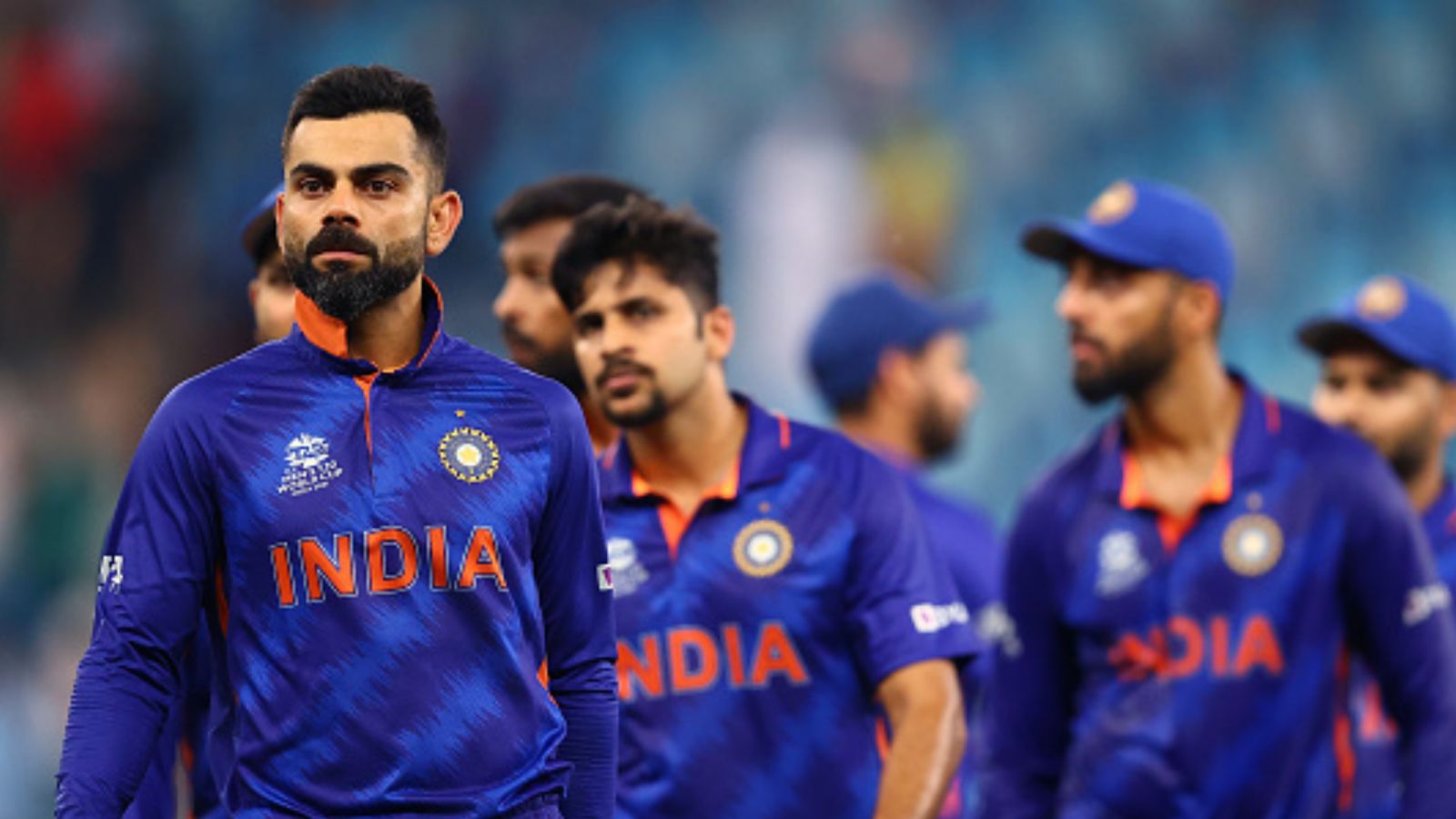The mother of all coincidences is here. After seven editions of T20 World Cup, it is clear that facing or not facing India before knockout games has been the deciding factor in winning the title. Including the inaugural T20 World Cup in 2007 where India were crowned champions, the teams facing India in group stages have not gone on to lift the trophy.
In the second edition in 2009, Bangladesh, Ireland, West Indies, England and South Africa faced India before in the group stages and Pakistan were crowned as World Champions. Pakistan were not in India’s group and under the leadership of Younis Khan, they won their maiden T20 title after final-over heartbreak two years ago.
In 2010, Afghanistan, South Africa, Australia, West Indies and Sri Lanka faced India in group stages. Australia went on to play their first final but were beaten by England as Paul Collingwood-led side won their first ever World Cup trophy.
In 2012, Afghanistan, England, Australia, Pakistan and South Africa met India in group stages. Sri Lanka made it to the final again but were beaten by Darren Sammy’s West Indies in a low-scoring affair.
In 2014, India played Pakistan, West Indies, Bangladesh and Australia. India made it to their second T20 World Cup final but were beaten by Sri Lanka who they did not face in group stages.
In 2016, New Zealand, Pakistan, Bangladesh and Australia played against India in group stages. Despite the big loss against the Kiwis, India made it to the semi-final and were knocked out by West Indies. Technically West Indies did not face India before the knockouts and went on to win the trophy against England.
Present year, Australia were not in India’s group whereas New Zealand were. Aaron Finch-led Australia went on to win the elusive trophy to their cabinet as the India curse in group stages continues in T20 World Cup. Maybe when ICC announces groups for next year's T20 World Cup in Australia, teams will hope that they don't face India in group stages.


